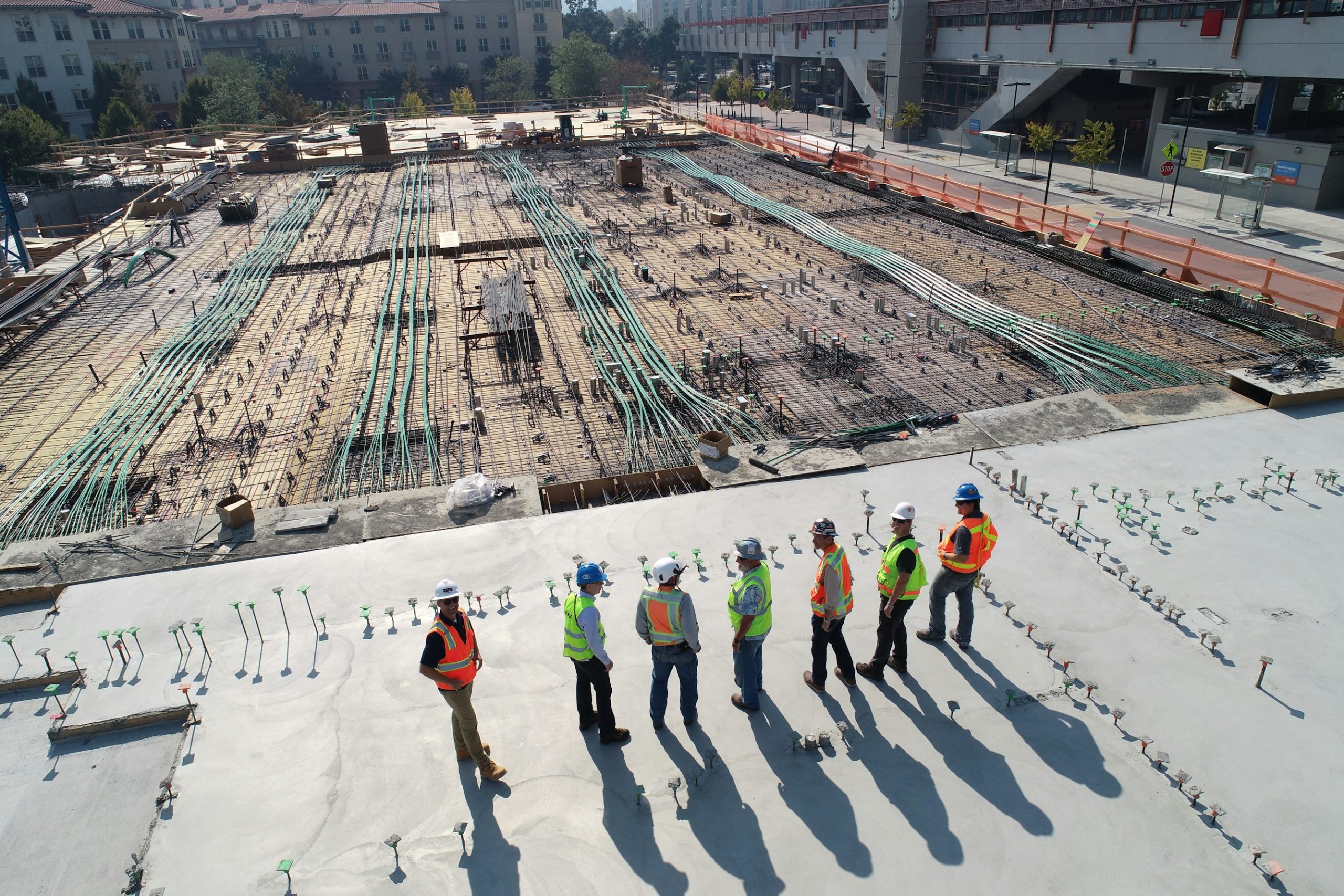Managing Site Risks During Authority Delays
In the world of construction project management, authority delays pose a significant threat to project timelines and budgets. Authority delays occur when necessary permits, approvals, and compliance with regulatory requirements are not acquired in a timely manner. This blog post will explore the causes, consequences, and proactive measures needed for effective risk management during authority delays.
Understanding Authority Delays
Authority delays can be a construction project’s worst enemy. When permits are not secured on time or regulatory requirements aren’t met promptly, the flow of the project gets disrupted, leading to negative outcomes that could have been mitigated with forethought. This emphasizes the importance of utilizing tools that facilitate construction document management and efficient communication among involved parties.
Causes of Authority Delays
- Inadequate Planning: A lack of comprehensive planning often results from insufficient knowledge about the regulatory frameworks applicable to a project. Without a clear understanding of the necessary steps to obtain approvals, delays can quickly follow.
- Regulatory Changes: Instantly changing building codes or regulations can complicate ongoing projects. These changes may necessitate additional time to reassess compliance, further extending timelines.
- Insufficient Communication: Ineffective communication with local authorities can hinder inspections, preventing timely approvals that are crucial for maintaining a project schedule.
Consequences of Authority Delays
The ramifications of authority delays are far-reaching:
- Timeline Extensions: Delays can lead to projects exceeding their planned schedules and potentially incurring penalties as a result.
- Budget Overruns: As project durations extend, costs can escalate due to idle labor and other unforeseen circumstances that strain budgets.
- Strained Stakeholder Relationships: Managing relationships among clients, contractors, and regulatory bodies becomes increasingly challenging during periods of delay.
Managing and Mitigating Authority Delays
Early Risk Identification
Project managers should focus on identifying potential delay risks early in the project lifecycle. This can allow for the implementation of risk mitigation strategies before issues arise.
Strengthen Communication Channels
Maintaining clear and effective communication with local authorities is essential for avoiding misunderstandings. This prevents unnecessary inspection delays that could hinder the project.
Improve Scheduling Accuracy
Timely application for permits is crucial. Confirming review durations early ensures that these timelines are integrated into overall project schedules. Additionally, staying updated on building codes can help avoid unexpected compliance issues.
Secure Reliable Supply Chains
Establishing reliable material and labor supplies is critical. This helps to prevent additional delays stemming from shortages or contractual disputes.
Maintain Clear Documentation
Comprehensive documentation can help facilitate the inspection and approval process. Being prepared with accurate records eases local authority evaluations.
Build Relationships with Local Authorities
Establishing good relationships with local regulatory bodies can streamline the navigation of compliance requirements, thereby reducing the likelihood of delays.
Best Practices
- Apply for Permits Early: Submitting applications well in advance allows for a more seamless workflow and avoids last-minute complications.
- Stay Updated on Regulations: Continuously monitoring changes in regulations helps ensure ongoing compliance and mitigate potential delays.
- Schedule Inspections in Advance: Early scheduling of inspections prevents unexpected issues that can disrupt project timelines.
How Zepth Can Help
Zepth’s construction management solutions can play a crucial role in effectively managing site risks arising from authority delays:
- Comprehensive Planning Tools: Zepth offers tools designed for systematic planning and navigating regulatory frameworks, minimizing the risk of delays due to inadequate planning.
- Communication and Collaboration: By enhancing communication and foster collaboration among project teams and authorities, Zepth helps to preempt delays caused by miscommunication.
- Risk Management: Zepth’s tools assist in identifying potential risks early in the process, offering actionable strategies to effectively manage the consequences of authority delays.
Emerging Innovations
The evolving landscape of the construction industry is marked by innovations that enhance project management. AI-powered tools can provide early awareness of regulatory timelines, compliance requirements, and trend forecasting. Such tools facilitate smarter planning and improved risk mitigation through access to a wider range of construction data.
By applying the practices outlined in this blog, construction projects can effectively manage site risks associated with authority delays, helping to ensure that projects are completed on time and within budget. To explore further, check out Zepth’s offerings on managing site risks and discover how Zepth can assist you in navigating potential challenges.




